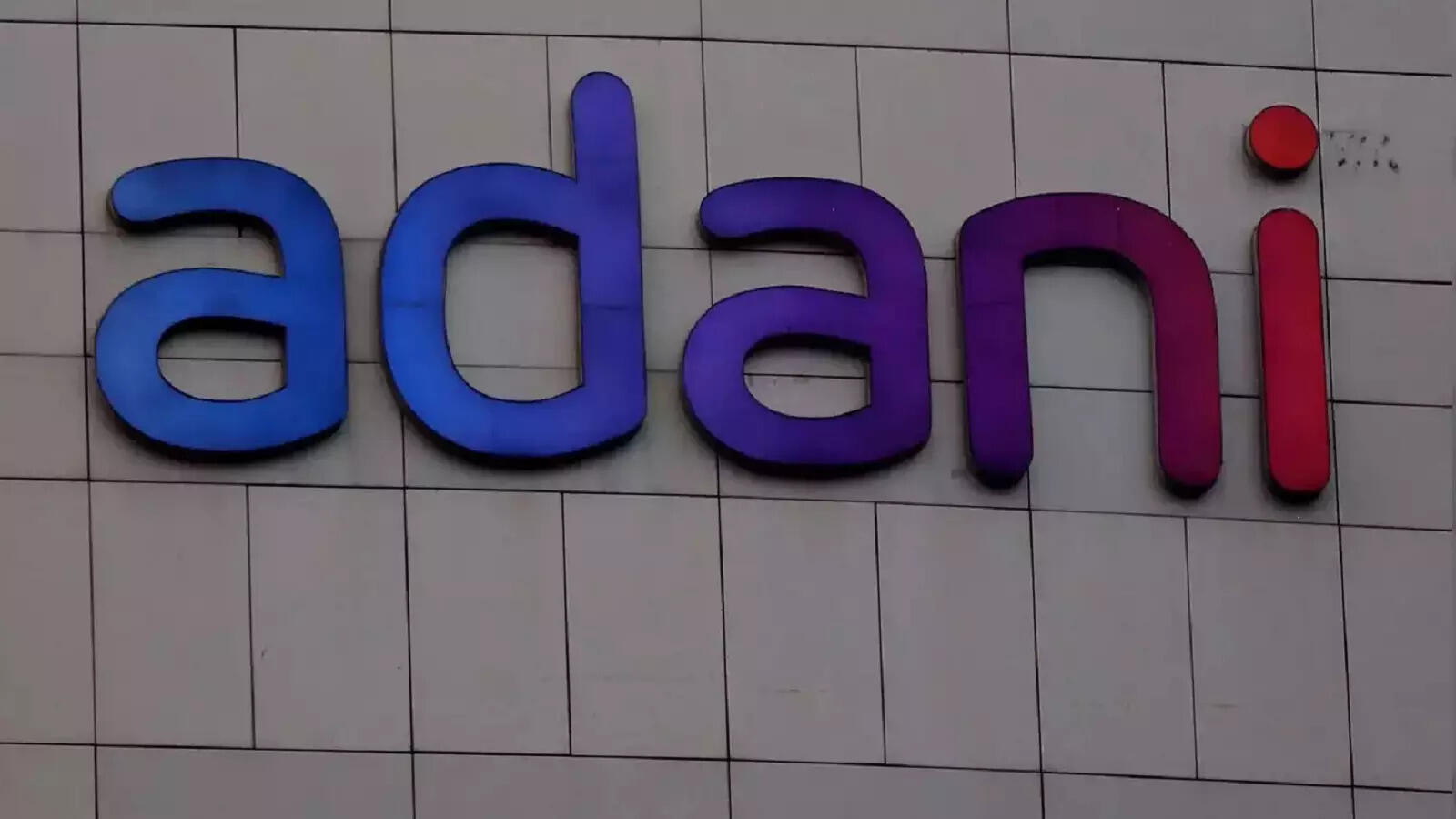SEBI Cracks Down: Two Funds Holding Adani Shares Face Penalties – What You Need to Know
The Indian stock market watchdog, the Securities and Exchange Board of India (SEBI), has recently taken a significant step in ensuring market integrity. In a move that has sent ripples through the financial world, SEBI has penalized two investment funds holding shares in the Adani Group, citing violations of disclosure norms. While the specifics of the penalties haven’t been fully revealed, this action underscores SEBI’s commitment to transparency and adherence to regulations, particularly concerning foreign portfolio investors (FPIs). This blog post dives deep into what happened, why it matters, and what potential impact this might have on the markets and investors.
The Core Issue: Disclosure and Transparency
At the heart of SEBI’s action lies the crucial issue of disclosure. Financial regulations are built on the principle that all investors should have access to the same information, allowing them to make informed decisions. This is particularly vital when it comes to understanding who owns and controls publicly traded companies. These regulations prevent fraudulent and/or harmful activities, while also ensuring that the markets are a safe place to invest and build wealth.
The specific violations likely revolve around the lack of transparency in the ownership structure of these two funds. SEBI requires FPIs investing in Indian markets to disclose their beneficial owners – the individuals or entities ultimately controlling the investments. This requirement aims to prevent market manipulation, insider trading, and other illicit activities that can erode investor confidence and destabilize the market.
Why This Matters: Protecting Market Integrity
SEBI’s decision to penalize these funds sends a clear message: non-compliance with disclosure norms will not be tolerated. This is crucial for several reasons:
* Investor Confidence: Transparency builds trust. When investors know who is behind the major investments, they are more likely to have faith in the fairness and stability of the market. Opaque ownership structures can breed suspicion and make investors wary.
* Preventing Market Manipulation: Clear ownership information helps SEBI monitor trading patterns and detect potential instances of market manipulation. Hidden ownership can be used to disguise activities that distort prices and harm other investors.
* Maintaining a Level Playing Field: Disclosure requirements ensure that all investors, regardless of their size or location, operate under the same rules. This creates a fair and equitable market environment.
The Adani Connection: Increased Scrutiny
The fact that these funds hold shares in the Adani Group adds another layer of significance to this development. Adani Group has been under increased scrutiny since the Hindenburg Research report earlier last year which made allegations of financial wrongdoing. While the group has vehemently denied these allegations, the controversy has undoubtedly heightened the sensitivity of regulators and investors alike.
SEBI has been actively investigating the Adani Group’s compliance with regulations following the Hindenburg report. This recent action against the two funds suggests that SEBI is taking a proactive approach to ensure that all investors in the Adani Group, including FPIs, are adhering to the highest standards of transparency and disclosure.
Potential Impact: Market Sentiment and FPI Flows
While the specific financial impact of the penalties on the funds remains to be seen, the broader implications for the Indian stock market could be significant.
* Market Sentiment: The news could lead to increased caution among investors, particularly concerning Adani Group stocks. This may result in a temporary dip in share prices.
* FPI Flows: The action may cause some FPIs to re-evaluate their investment strategies and ensure their compliance with Indian regulations. This could lead to a short-term outflow of foreign capital, although the long-term impact is likely to be limited if SEBI continues to enforce regulations effectively.
* Increased Regulatory Scrutiny: The incident is likely to increase regulatory scrutiny of FPIs operating in India, particularly those investing in companies that have been subject to controversy.
Looking Ahead: A Stronger Regulatory Framework
SEBI’s actions demonstrate a commitment to strengthening the regulatory framework and protecting investor interests. It serves as a timely reminder of the importance of transparency and compliance in the financial markets. While short-term market fluctuations are possible, the long-term benefits of a robust and well-regulated market outweigh any temporary discomfort. This recent enforcement action should inspire confidence that Indian markets are serious about safety and transparency, and that they are not afraid to confront wrong doing, even when it affects powerful individuals and corporations.
The message is clear: transparency and adherence to regulations are not optional; they are essential for the health and stability of the Indian stock market. As SEBI continues to enforce these principles, investors can be more confident in the fairness and integrity of the market. We will wait for more details regarding the scope of the penalties, and will report the results as soon as they are made available.







